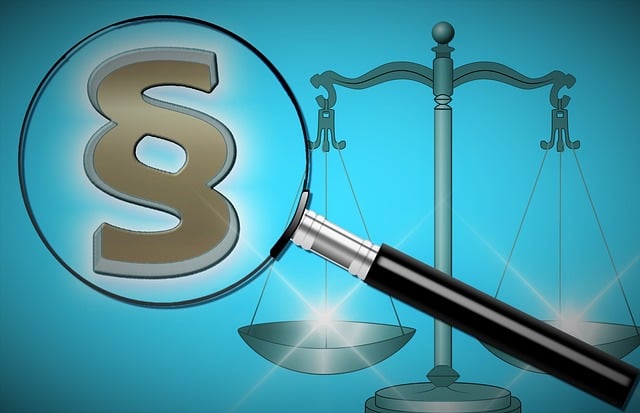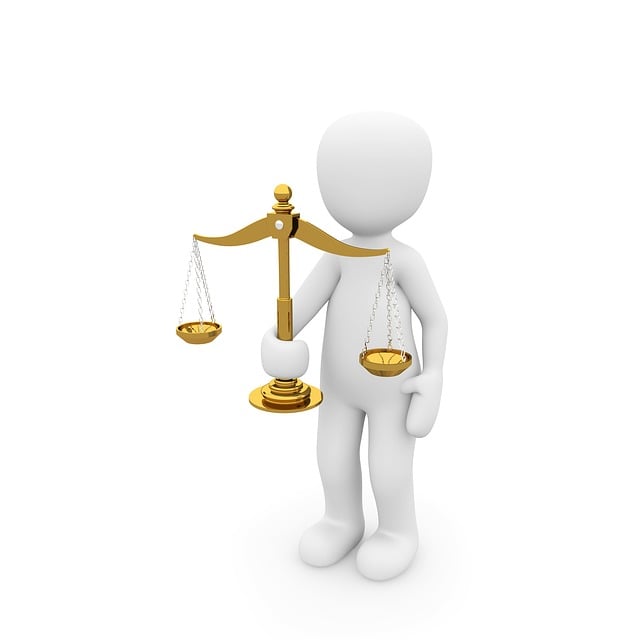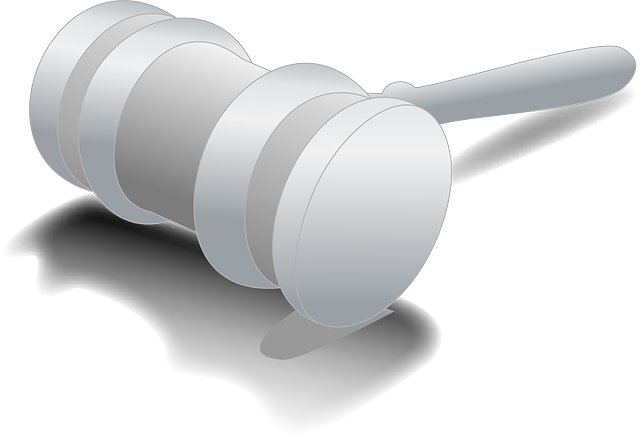The burden of proof significantly affects antitrust violation verdicts. In civil cases, plaintiffs must provide compelling evidence and rigorous analysis to prove anti-competitive practices beyond a reasonable doubt. Defense strategies challenge this assumption, focusing on presenting strong cases that distinguish legitimate business from illegal conduct. The standard of proof, from balance of probabilities to clear and convincing, varies, impacting outcomes in complex white-collar crimes where strategic arguments and expert analyses are crucial for fair judgments while mitigating false accusations.
“Antitrust violation cases play a critical role in maintaining fair market competition, but navigating these legal battles requires understanding the intricate burden of proof. This article delves into the complexities of antitrust litigation, focusing on how the burden of proof significantly influences case outcomes. We explore key strategies for proving antitrust claims and analyze the impact of varying proof standards. By examining these aspects, we aim to provide insights into the dynamics between evidence presentation and the final verdicts in antitrust violation cases, specifically highlighting the role of How Burden of Proof Affects Verdicts.”
- Understanding Antitrust Violation Cases
- Defining the Burden of Proof in Legal Context
- Strategies for Proving Antitrust Claims
- Impact of Proof Standards on Case Outcomes
Understanding Antitrust Violation Cases

Antitrust violation cases are complex legal battles that require a deep understanding of market dynamics and regulatory frameworks. The success of such cases often hinges on the principle of burden of proof, where plaintiffs must convincingly demonstrate that a particular business practice is anti-competitive and harmful to consumers. This legal standard demands robust evidence and rigorous analysis to ensure fair and accurate verdicts.
In these trials, winning challenging defense verdicts isn’t merely about refuting accusations; it involves presenting a compelling case that shows the respective business practices are not inherently anti-competitive. This is especially crucial in white collar and economic crimes cases where intricate financial transactions and strategic alliances can be misinterpreted as anticoncurrence. Navigating such landscapes requires legal expertise to distinguish legitimate business strategies from illegal antitrust violations, ultimately shaping the outcome of these significant legal disputes.
Defining the Burden of Proof in Legal Context

In antitrust violation cases, defining the burden of proof is a delicate balance between ensuring fairness and reaching just verdicts. The burden lies with the plaintiff or prosecuting authority to establish, beyond a reasonable doubt, that an agreement or conduct contravenes antitrust laws. This legal standard demands a thorough examination of market dynamics and competitive effects. For instance, proving price-fixing schemes or market division among competitors requires robust evidence and expert analysis.
Understanding how the burden of proof affects verdicts is crucial in white collar defense. The unprecedented track record of successful prosecutions highlights the need for meticulous preparation and strategic arguments. In complex cases involving white collar and economic crimes, presenting a compelling defense hinges on challenging the prosecution’s evidence and demonstrating reasonable doubt. This ensures that justice is served while safeguarding against unfounded accusations.
Strategies for Proving Antitrust Claims

Proving antitrust claims can be a complex task, but there are several strategies that legal experts employ to strengthen their cases. One crucial aspect is understanding the burden of proof, which significantly impacts verdicts. In civil antitrust lawsuits, plaintiffs bear the burden of proving that an anti-competitive practice occurred and caused them harm. This often involves rigorous analysis of market behavior, pricing patterns, and competitive dynamics. Legal teams must gather comprehensive evidence, including financial records, industry reports, and expert testimony, to demonstrate the existence of an illegal agreement or conspiracy.
The use of economic modeling and statistical analysis can be instrumental in quantifying damages and establishing a direct link between alleged antitrust violations and the harm suffered by plaintiffs. Additionally, white-collar defense attorneys may leverage their unprecedented track record in similar cases to build a compelling argument for their clients’ innocence or the lack of significant impact on the market. In high-stakes jury trials, presenting a robust case with clear evidence and persuasive legal arguments can lead to favorable outcomes for both parties.
Impact of Proof Standards on Case Outcomes

The impact of proof standards on antitrust violation cases is significant, as it determines the strength of arguments and ultimately shapes the outcomes. In these legal battles, the burden of proof lies with the plaintiff or the regulatory authority, who must present compelling evidence to establish that an anti-competitive practice has occurred. This standard varies depending on jurisdiction and the specific case, ranging from a mere balance of probabilities to beyond a reasonable doubt.
A higher proof standard, such as clear and convincing evidence, can make it challenging for plaintiffs to win, especially in complex cases involving intricate business strategies. Conversely, a lower standard might lead to more favorable outcomes for consumers, but it also increases the risk of false accusations. The balance between these standards is crucial, aiming to protect both fair competition and the rights of businesses, particularly in white-collar defense cases where avoiding indictment is a primary concern. An unprecedented track record in handling such cases can significantly influence public perception and legal strategies.
The intricate relationship between the burden of proof and antitrust violation verdicts is a pivotal aspect of legal strategy. By understanding how the definition of this burden influences case outcomes, plaintiffs and defendants alike can navigate the complexities of antitrust litigation more effectively. This article has explored key strategies for proving antitrust claims and highlighted the significant impact of varying proof standards on final judgments. Ultimately, appreciating the role of the burden of proof is essential for navigating the nuances of antitrust law and securing just outcomes in these critical cases.






